UN reports address women's suffering in Iran and Sudan... The Tehran regime classifies them as second-class citizens, and in Khartoum, women and girls have been stripped of all their basic necessities.

- Europe and Arabs
- Sunday , 15 September 2024 9:52 AM GMT
Tehran - Khartoum - New York: Europe and the Arabs
The Independent International Fact-Finding Mission on Iran warned that the Iranian government has intensified its efforts to "suppress the basic rights of women and girls and crush remaining initiatives for women's activism" two years after the unlawful death of young Mahsa Amini in detention and the "Women, Life and Freedom" protests that followed.
In a statement issued at the end of the week, the mission said that despite the decline in mass protests, "the ongoing defiance of women and girls is a constant reminder that they still live in a system that classifies them as second-class citizens." It noted that since last April, the authorities have increased repressive measures and policies through the so-called Noor Plan "which encourages, endorses and supports human rights violations against women and girls who violate the compulsory hijab (law)."
The mission said that Iranian security forces have escalated pre-existing patterns of physical violence, including "beating, kicking and slapping women and girls who are perceived to have failed to comply with compulsory hijab laws and regulations." The State authorities have increased monitoring of compliance with the hijab in both the public and private spheres, including in vehicles, through increased use of surveillance methods, including marches.
The FFM also noted that a draft “Hijab and Chastity” law is in the final stages of approval by Iran’s Guardian Council, which provides for harsher penalties for women who do not wear the compulsory hijab, including heavy fines, longer prison sentences, restrictions on employment and educational opportunities, and travel bans.
The FFM also expressed deep concern about a clear new pattern of female activists being sentenced to death after being convicted of national security crimes. It stressed that the death penalty and other provisions of Iran’s criminal law have been used as tools “to intimidate and deter Iranians from protesting and expressing themselves freely,” which has had an impact on victims’ families, journalists, human rights defenders, and other critics of the government. “Meaningful accountability for gross human rights violations and crimes under international law, including crimes against humanity, remains elusive for victims and survivors, particularly women and children. In the absence of any State deterrent to the increasing violations against women and girls, there is no realistic hope that victims and survivors will be able to fully and meaningfully access the fundamental rights and freedoms to which they are entitled, and which the Islamic Republic of Iran has obligations to respect and ensure,” the mission said. The mission reiterated its call on the Iranian government to immediately halt all executions of protesters, and to immediately and unconditionally release all persons arbitrarily deprived of their liberty in the context of the protests, particularly women and children. It also called on Iran to end all repressive policies and institutional measures “taken and designed to suppress women and girls and perpetuate violence and discrimination against women, including the draft hijab and chastity law.” The mission called for continuing to place the situation of women and girls in Iran at the top of the international agenda, and to investigate crimes against women and girls committed in the context of the “Women, Life and Freedom” protests and prosecute and punish those responsible before their domestic courts.
It also called on UN Member States to intensify efforts to ensure the rights of victims and their families to justice, truth and reparations, “given the widespread impunity in Iran for gross human rights violations and crimes under international law, including crimes against humanity.”
It urged States to expedite asylum applications and provide humanitarian visas to victims of human rights violations, especially those who have suffered life-changing injuries or who face severe persecution, especially women and children.
It is worth noting that the Independent International Fact-Finding Mission on the Islamic Republic of Iran derives its mandate from a resolution adopted by the UN Human Rights Council on 24 November 2022, and is tasked with investigating alleged human rights violations in Iran related to the protests that began there on 16 September 2022, particularly against women and children.
Regarding the situation of women in Sudan, the Regional Director of the United Nations Population Fund for Arab States, Leila Bakr, said that the situation in Sudan is one of the worst she has witnessed during her 30-year career at the United Nations.
Bakr briefed journalists at the United Nations headquarters in New York via video from Amman on what she witnessed during her visit a few days ago to Sudan and the "tragic situation" there, where she said that women and girls were stripped of all their basic necessities.
She added: "Imagine thousands of women crowded into a shelter where they have no clean water, no hygiene, no enough food for their next meal, and no medical care for these displaced women."
The UN official reported that she visited a women's shelter in the Deim Arab area of Port Sudan, which was supposed to accommodate a few hundred people, but now houses more than 2,000 displaced women, adding that "this is a very crowded environment." Despite the overcrowding, the women and girls there were happy to be among other women, where they could gather, access services, and speak freely for the first time, after being displaced several times, she stressed. Bakr stressed the need for “unimpeded humanitarian access, which is a real problem for us.” The UN official confirmed that through her meetings with women in Sudan and what she heard directly from them, “what they want more than anything else – more than water, more than food – is immediate protection from the raging war.” She added: “They want peace and stability. They want not to have to live this experience over and over again.”


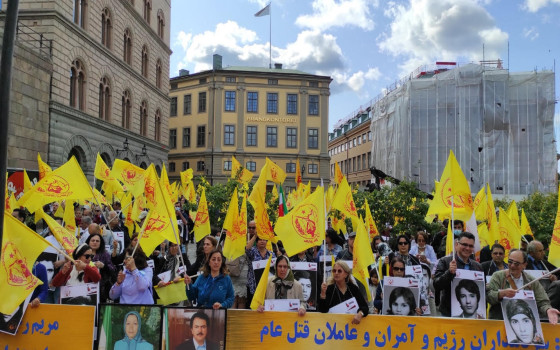

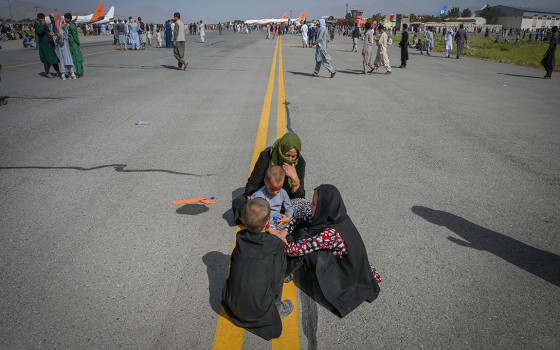
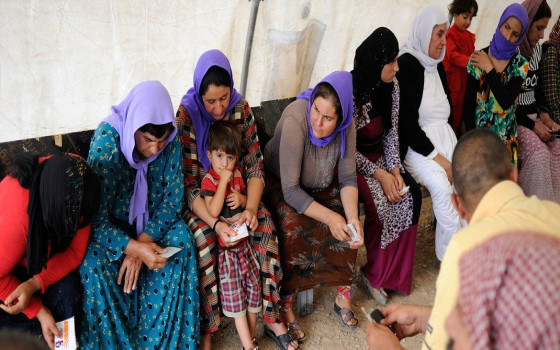
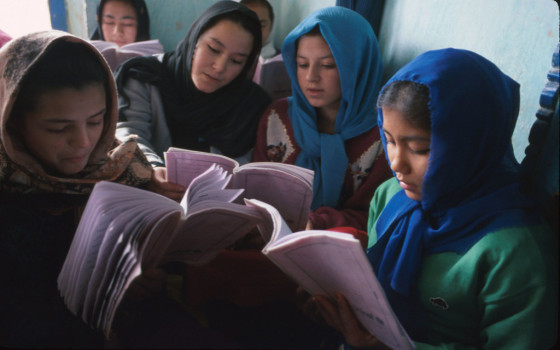
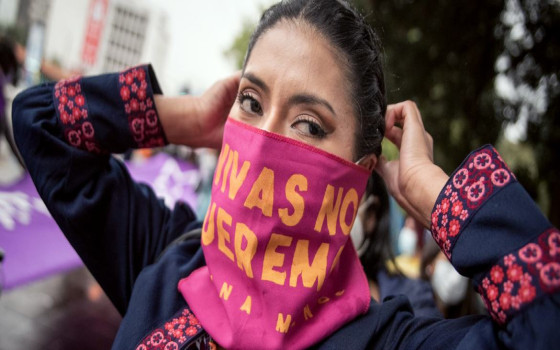
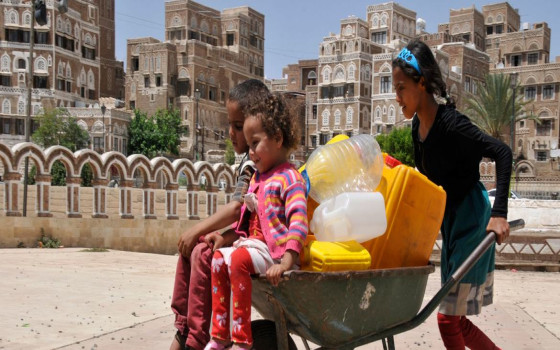
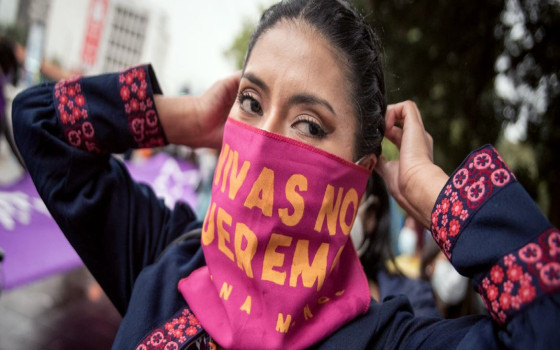
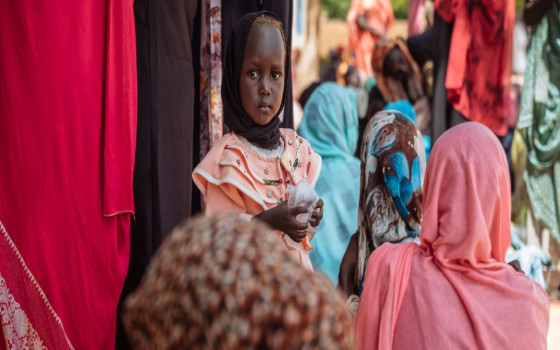
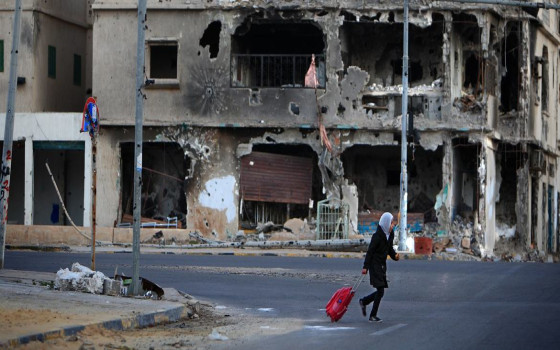
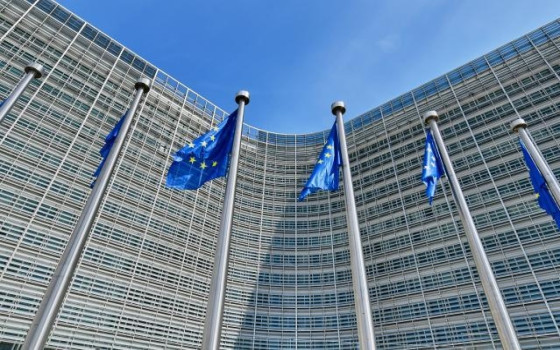
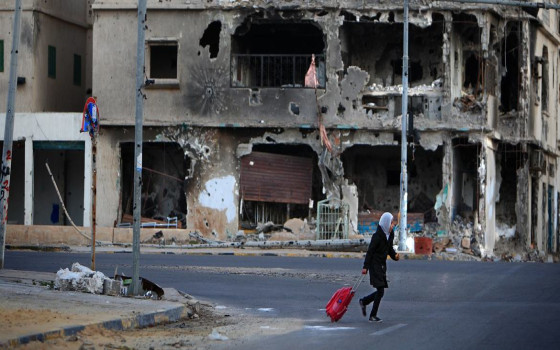
No Comments Found